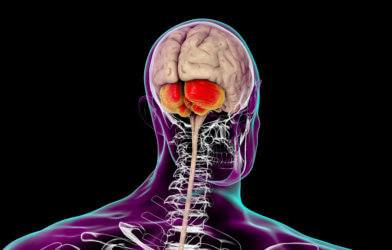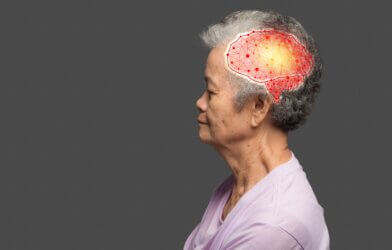A new drug for post traumatic stress disorder (PTSD) could be on the horizon. Experiments on mice suggest it is more effective than anti-depressants and counseling. The medication, called called NYX-783, is now being tested on 600 patients in the U.S. in phase 2 clinical trials.
Scientists say NYX-783 works by blocking a brain protein known as NMDAR, which is linked to learning and memory. “Together, these findings suggest NYX-783, a novel NMDAR positive modulator, may be an effective medication for PTSD,” the authors write. “Although clinical studies of this compound are ongoing, these findings suggest the development of NMDAR modulators may be a viable strategy to treat PTSD.”
PTSD can cause vivid flashbacks, nightmares and intrusive thoughts. It can also trigger physical sensations such as pain, sweating, nausea or trembling. Soldiers, police officers and firefighters are particularly vulnerable. The condition is notoriously difficult to cure.
Treatments for PTSD include cognitive behavioral therapy, but they are only effective in around half of patients. It has affected people across human history, and the condition is even observed in animals. But it was only first diagnosed in the 1970s after the Vietnam War.
In this new study, South Korean researchers, working with colleagues at Yale University in Connecticut, tackled PTSD by its roots through exploring the molecular mechanism of the new drug. Lab rodents were subjected to a combination of a tone and electric shock for fear conditioning to induce PTSD. Some were later exposed to multiple stressors to simulate frequent difficulties in treating humans.
The mice were then placed in a new environment and subjected to a series of memory extinction procedures in an attempt to remove their traumatic memories. To augment the cognitive behavioral therapy, the researchers tested the performance of NYX-783 alongside the drug ketamine, a rapid-acting antidepressant.
Injecting the mice with the drug an hour hour before fear extinction therapy resulted in the highest success rate. Afterwards, the mice were monitored for freezing behavior upon hearing the same sound in order to measure the level of fear that they are experiencing.
Those given NYX-783 fared much better than controls receiving ketamine or a saline solution. The drug was particularly effective in suppressing spontaneous recovery, or unwanted return of PTSD.
It behaved differently depending on the gender of the mice, with females responding best.
Further analysis shows NYX-783 inhibits fear memories and suppresses spontaneous recovery by modulating NMDAR.
The study is published in the journal Molecular Psychology.
Report by South West News Service writer Mark Waghorn
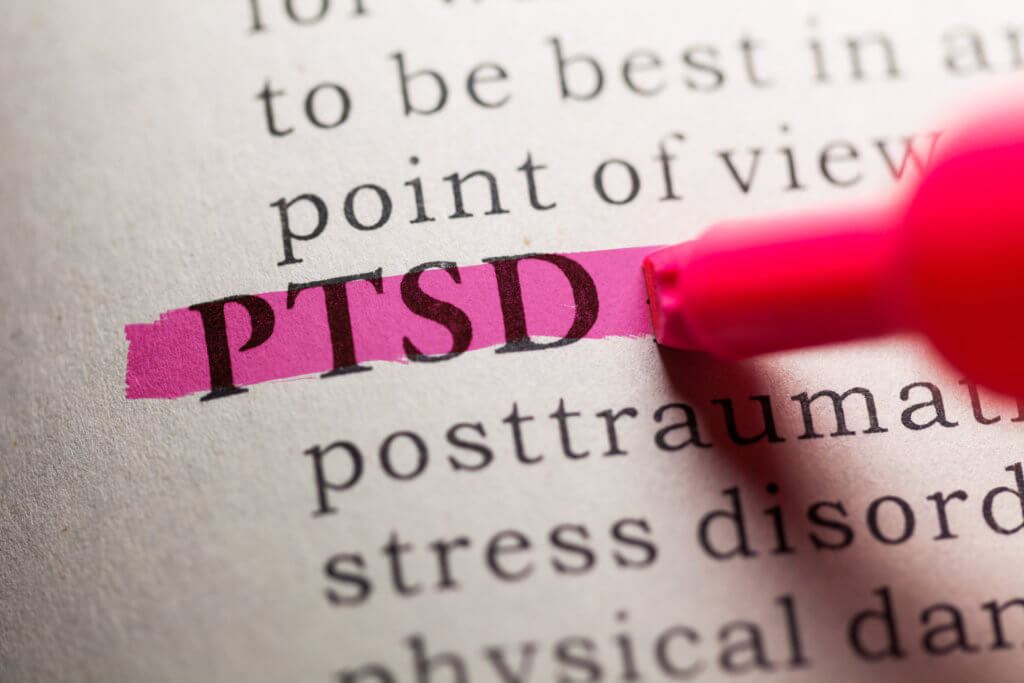



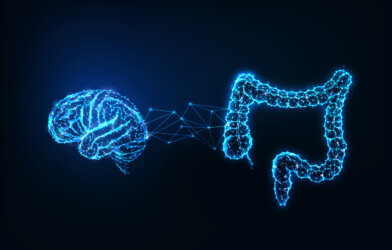
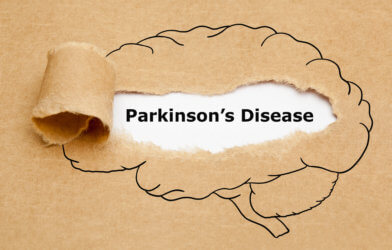


-392x250.jpg)

